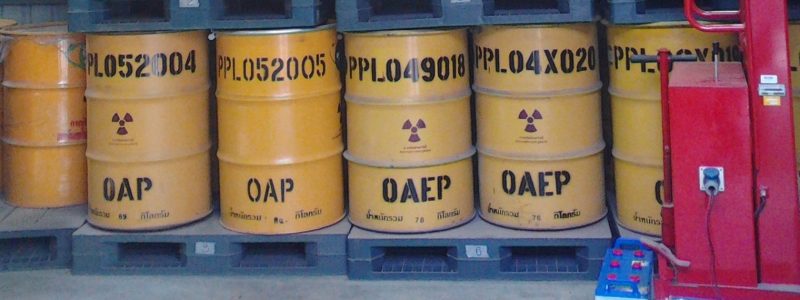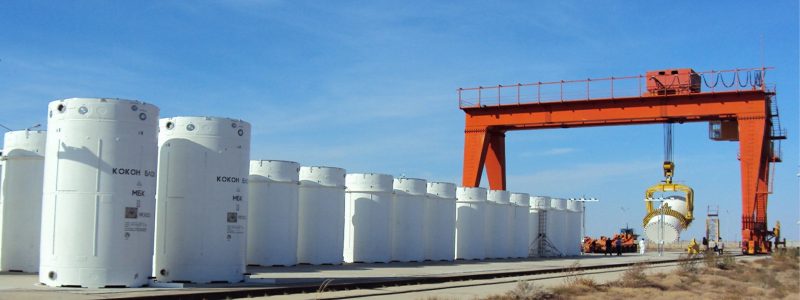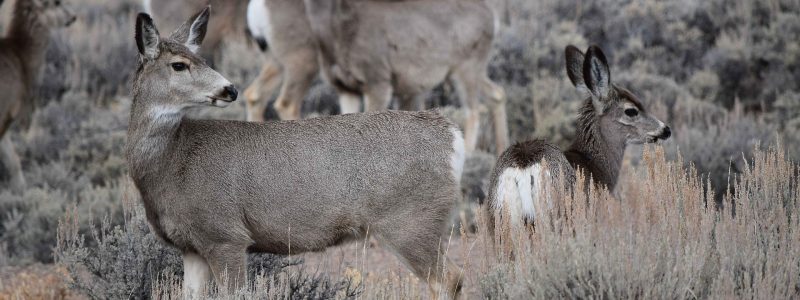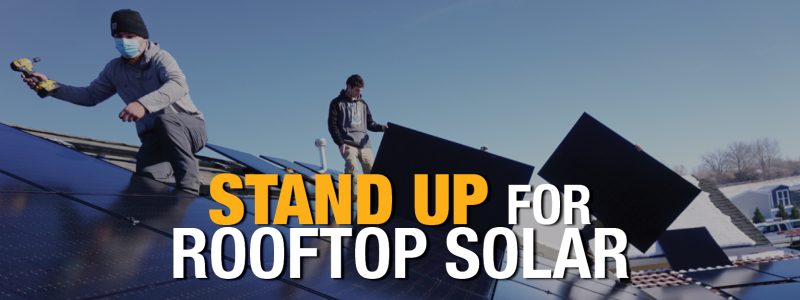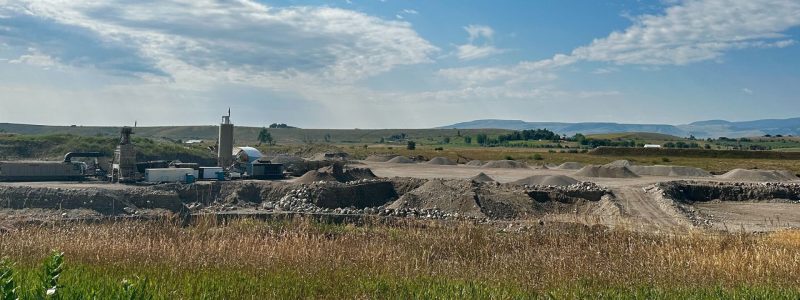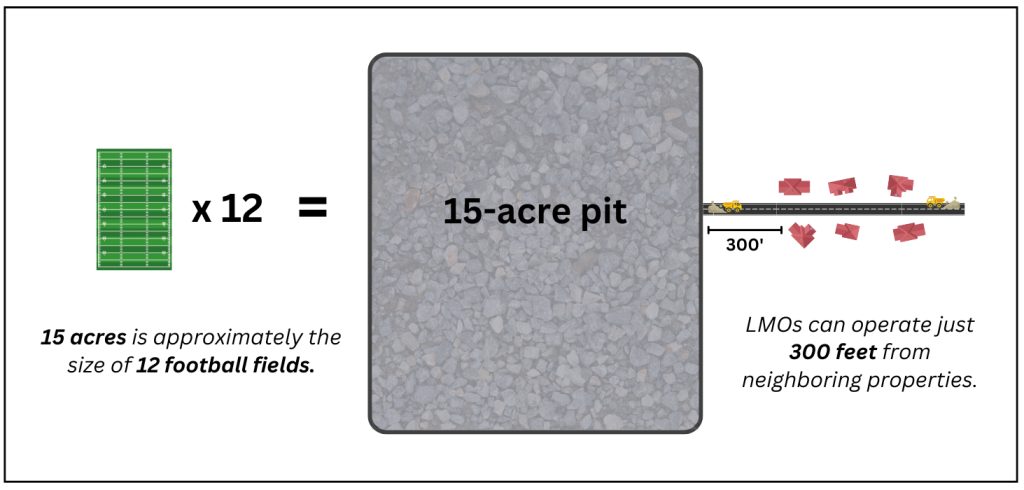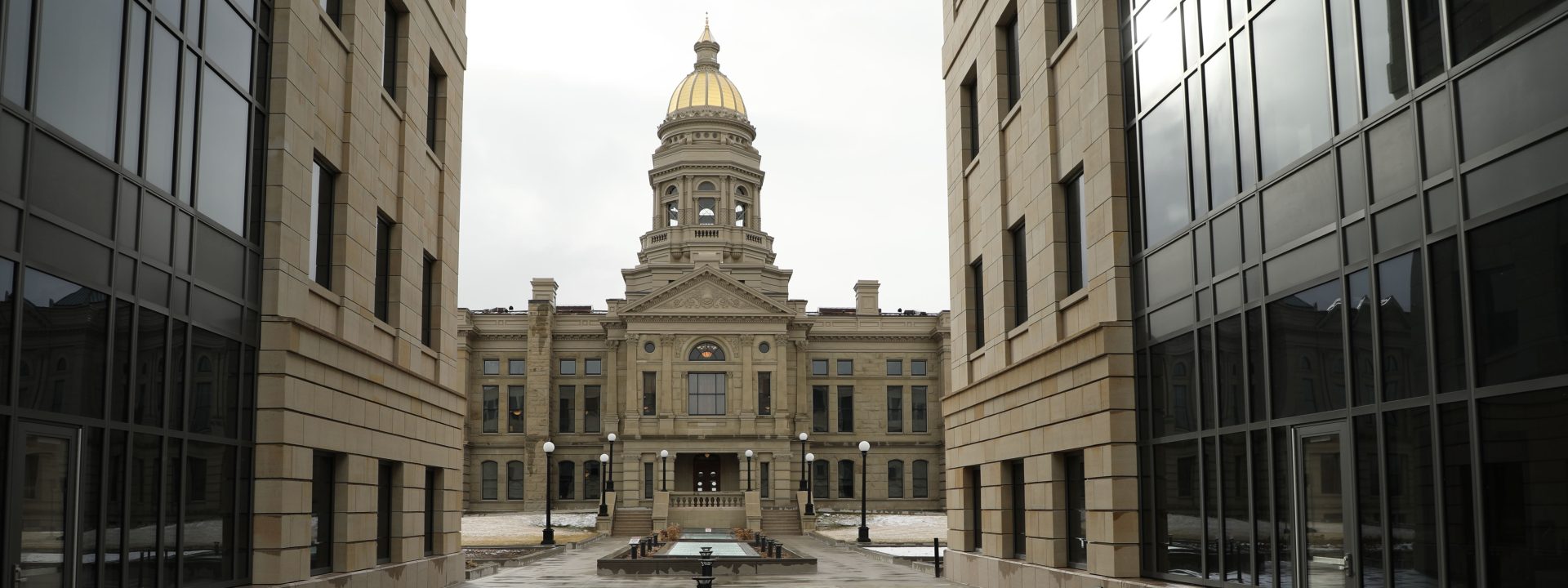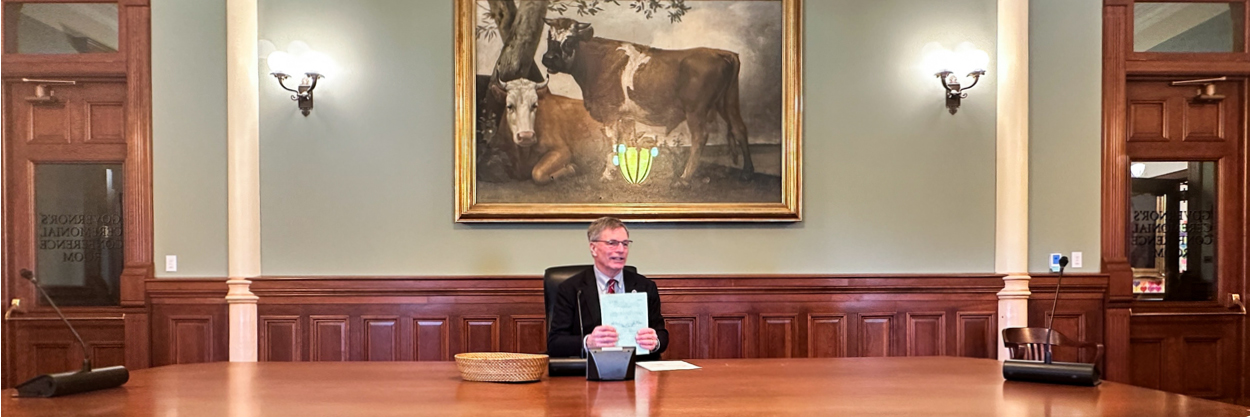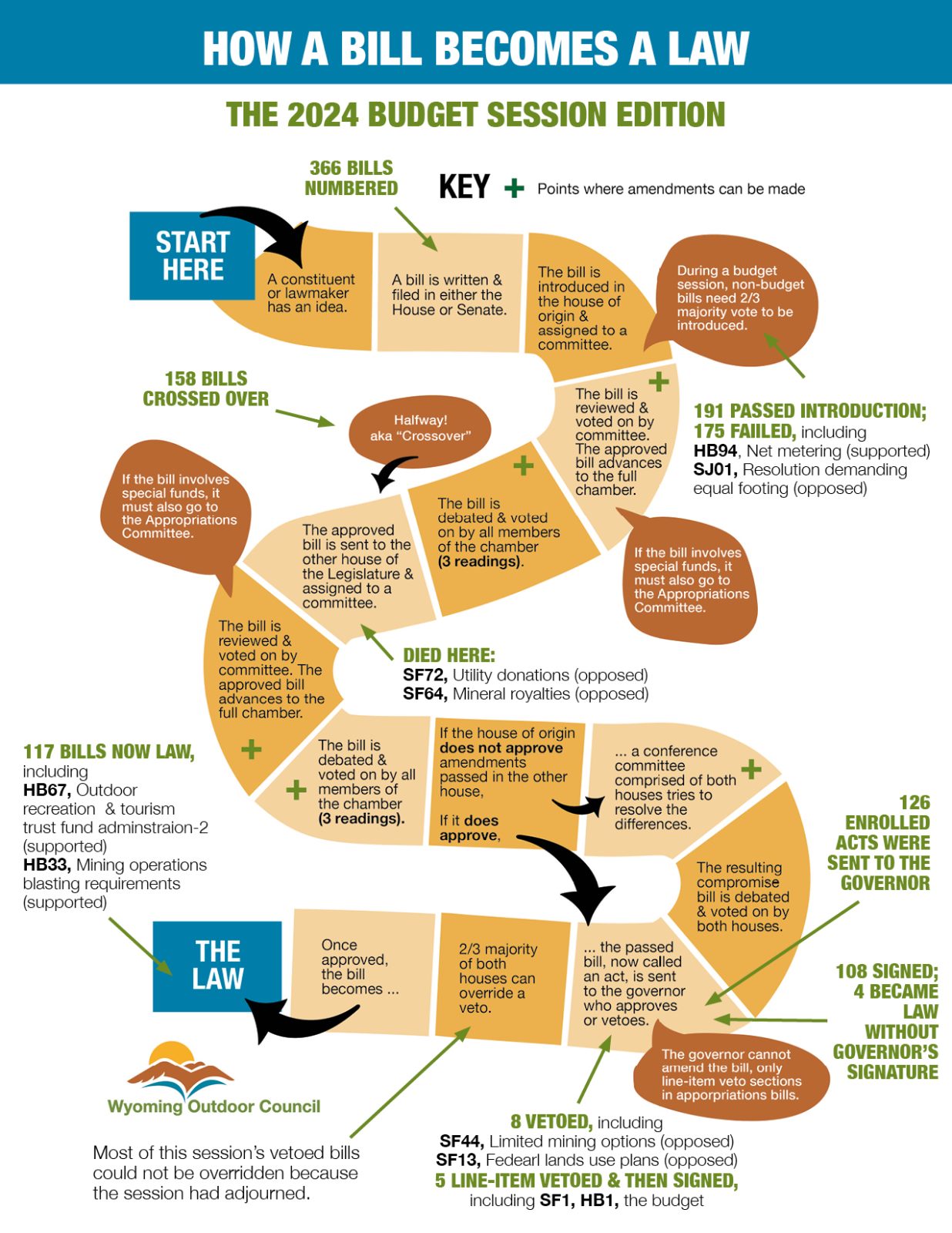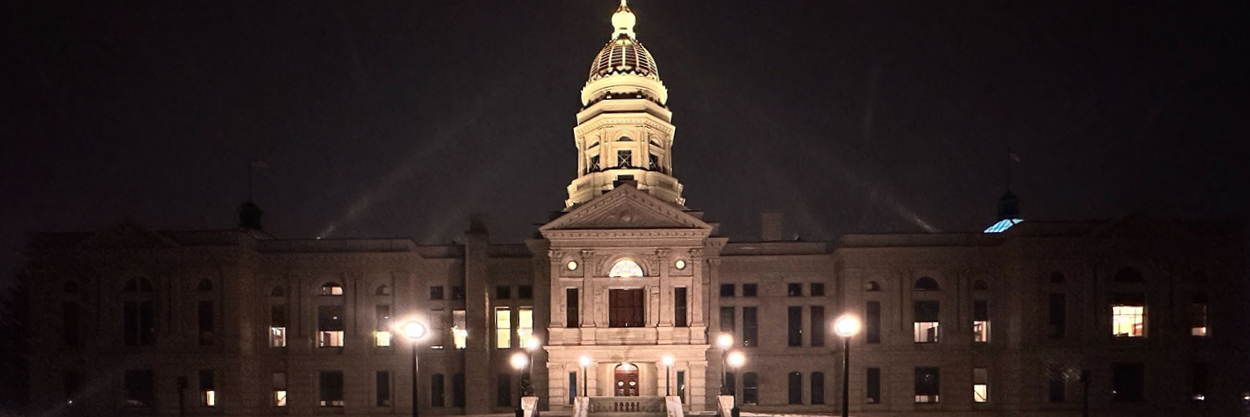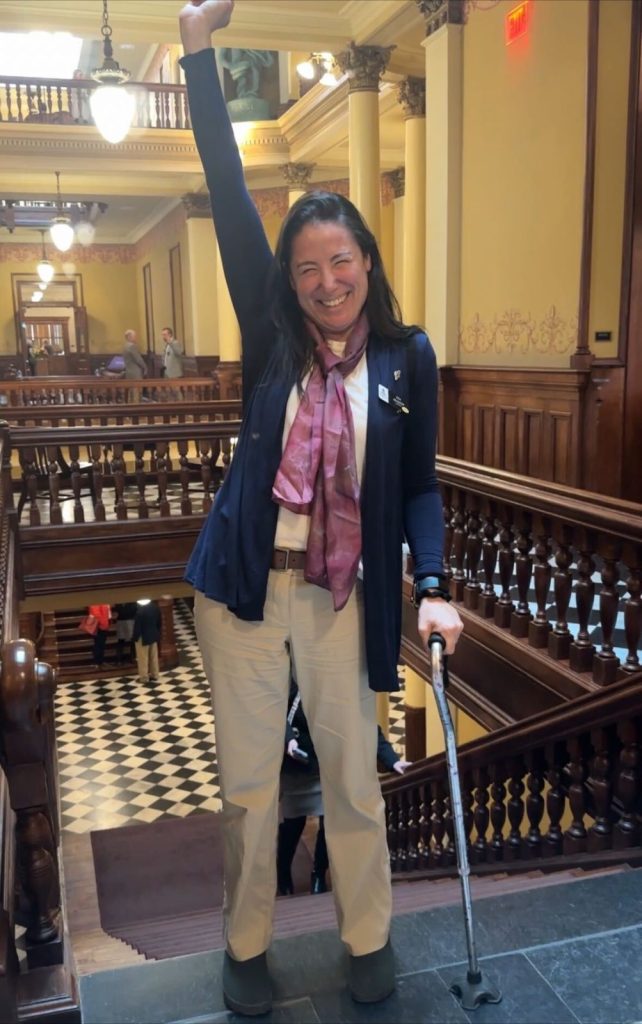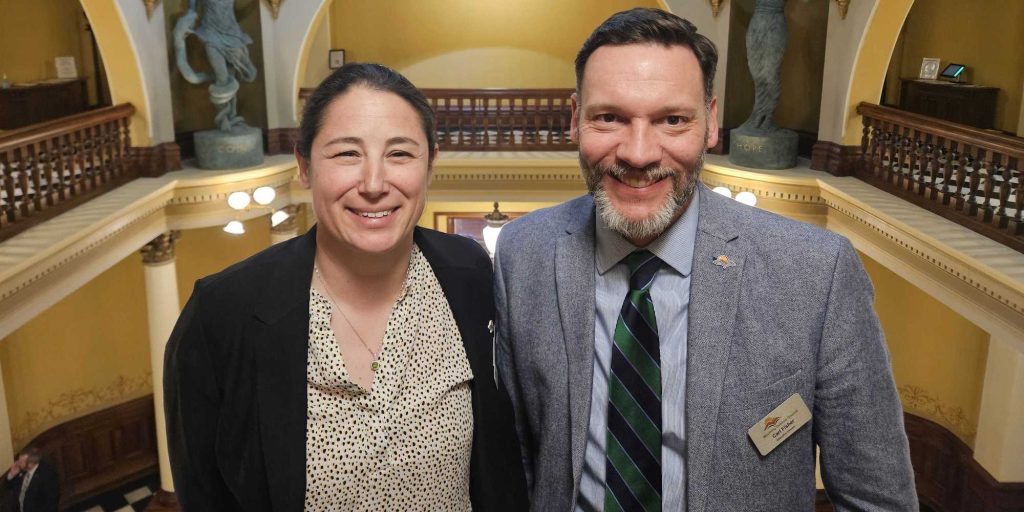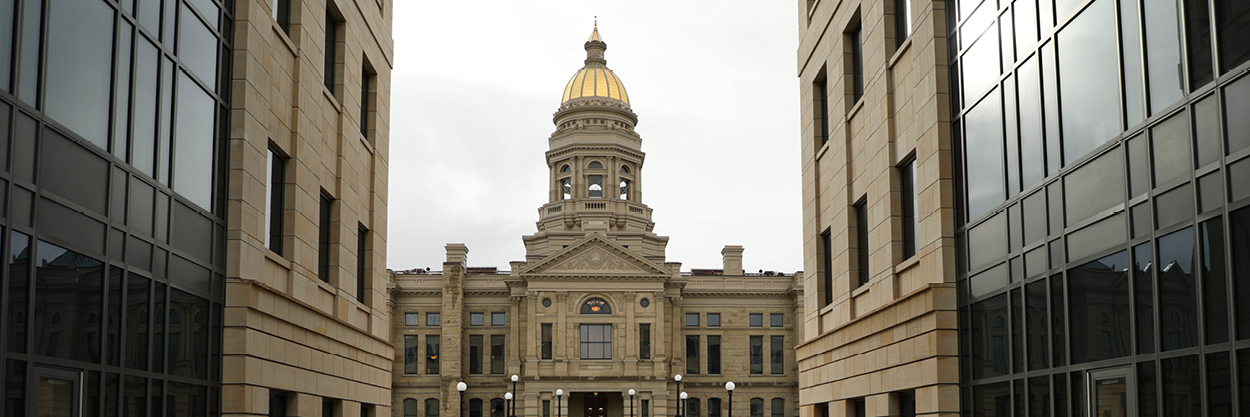When the 2025 General Session kicks off next week, the debate over nuclear waste storage is set to become a hot (dare we say radioactive?) topic. In preparation, we wanted to share the latest information about the current proposal to store the country’s nuclear waste in Wyoming — and why we plan to oppose it.
Wyoming has stood firm against nuclear waste storage for decades, and for many good reasons. We’re concerned about the current proposal because the consequences of transporting and storing high-level radioactive waste in Wyoming would be significant, multi-generational, and perhaps even permanent.
Concerned about nuclear waste storage in Wyoming? Join our list to stay informed as this bill moves through the legislature.
The draft bill, which has been received for introduction as House Bill 16 – Used nuclear fuel storage-amendments, could move quickly into the house Minerals Committee. If it does, we’ll need your voice to help stop it. So without further ado, let’s dive into the bill and our key reasons for opposing this effort to site nuclear waste in Wyoming.
- This bill has moved forward with remarkably little opportunity for public engagement for such a significant and consequential issue. Initial public review of the draft bill wasn’t available until less than two weeks before its first and only discussion in the October 2024 Minerals Committee meeting. Opening the door to invite nuclear waste to Wyoming should not be a legislative afterthought and last-minute committee sponsored bill. We believe this is a topic that should require many discussions and seek robust public participation similar to what we saw in the early 1990s.
- We need to be realistic that once nuclear waste is here temporarily, it will be here to stay. It has become clear to us based on the failings of federal policies, that a “temporary” facility would become a de facto permanent repository, as no legal, political, or financial mechanisms exist to ensure its removal. Despite decades of efforts from the federal government, the fact remains that there is still no permanent disposal solution for this waste. In fact, creating temporary storage for this waste in Wyoming could undermine the political will needed to pursue a safe permanent solution to this issue.
- The history of nuclear waste storage in our country is fraught with broken promises by our federal government to both states and tribes. When we consider a half-century of missed timelines, changing scientific guidelines, and disregard of state and tribal sovereignty that has plagued the full supply chain of nuclear energy from cradle to grave, we can find very few reasons to trust the federal government that it has the best interest of Wyoming and the Wind River Reservation in mind. In 1992, this was one of Gov. Sullivan’s key points when rejecting further study of a Department of Energy proposed monitored retrievable nuclear storage site in Wyoming. In a letter, he stated,
“I am absolutely unpersuaded that Wyoming can rely on the assurances we receive from the federal government. Even granting the personal integrity and sincerity of the individuals currently speaking for the federal government, there can be no guarantees or even assurances that the federal government’s attitudes or policies will be the same one, five, ten or 50 years from now.”
- A rush to designate Wyoming as the country’s nuclear waste storage capital could have both real and perceived consequences to other industries and the state’s broader economic diversification efforts. Numerous states have rejected advances by the Nuclear Regulatory Commission to store nuclear waste, citing concerns around their reputation and damage to other economic sectors. In Texas, Gov. Greg Abbot raised concerns over a facility because of potential risks it could pose to the state’s oil and gas development in the Permian Basin. (The Nuclear Regulatory Commission permitted this over his objections anyway.) In other states such as Tennessee, New Mexico, and Nevada, studies have confirmed negative impacts to other economic sectors like agriculture, outdoor recreation, tourism, and resident property values. If Wyoming legislators want to take the title of being the country’s nuclear waste dump, we need to be clear-eyed about how this could negatively impact our reputation and other economic sectors.
- The risks of transporting and storing nuclear waste from around the country amount to an unprecedented, unnecessary national experiment. Nuclear waste is currently stored safely at reactor sites, where it is generated, as required by federal law. This would also be true for any nuclear facility built in Wyoming. This is the right place for this waste to remain until a permanent solution can be found. It does not make sense to transport and move this hazardous material twice across thousands of miles of interstate highways, city and county roads, and railways.
If you share our concerns, we could use your help. Tell your legislators that you oppose nuclear dumps in Wyoming, and sign up here to be notified with alerts as this bill moves through the legislature.
Looking for more information? Check out our nuclear waste storage fact sheet, and don’t hesitate to reach out to us for a conversation.
Image: ShinRyu Forgers | Wikimedia Commons CC

